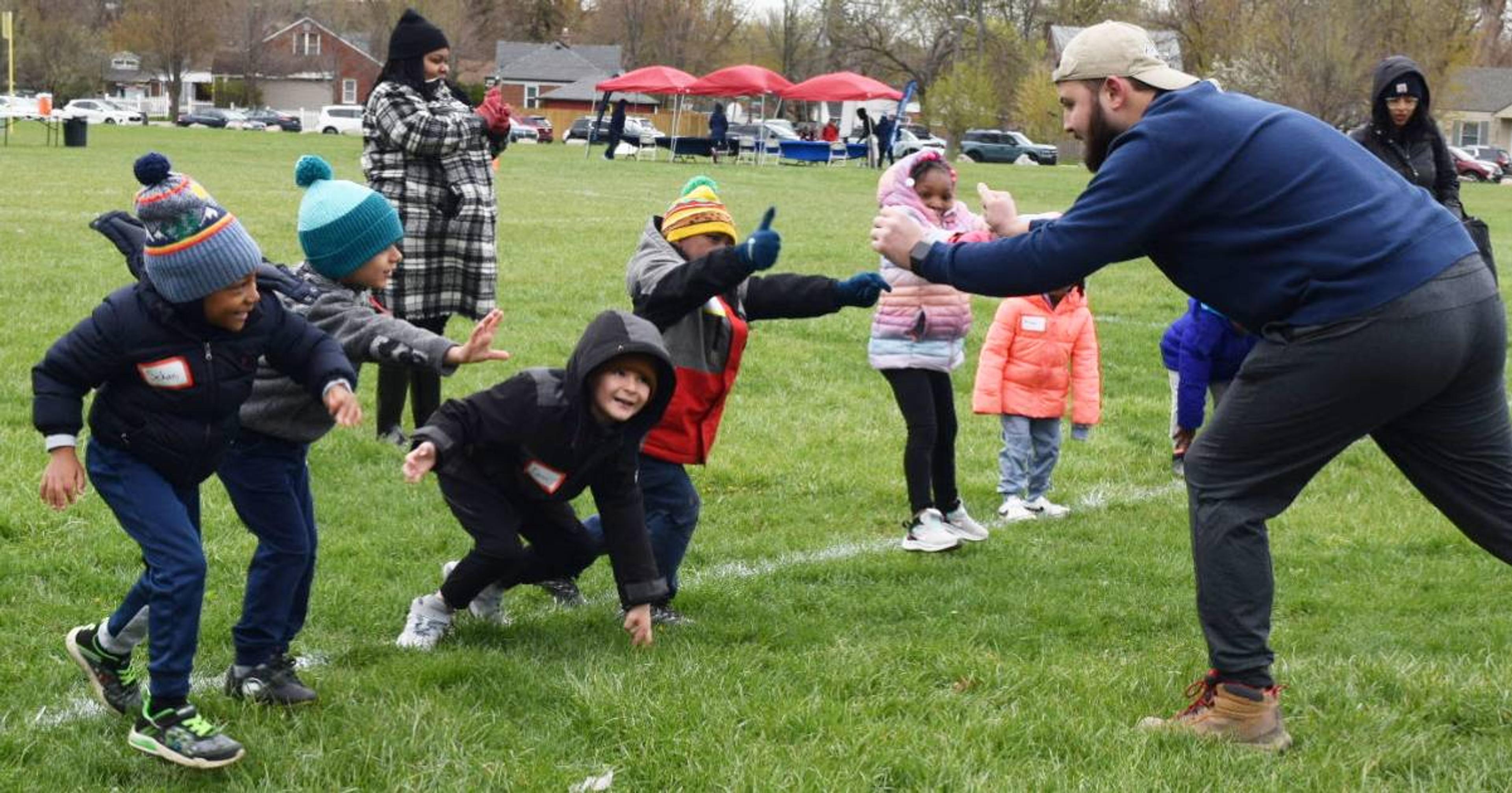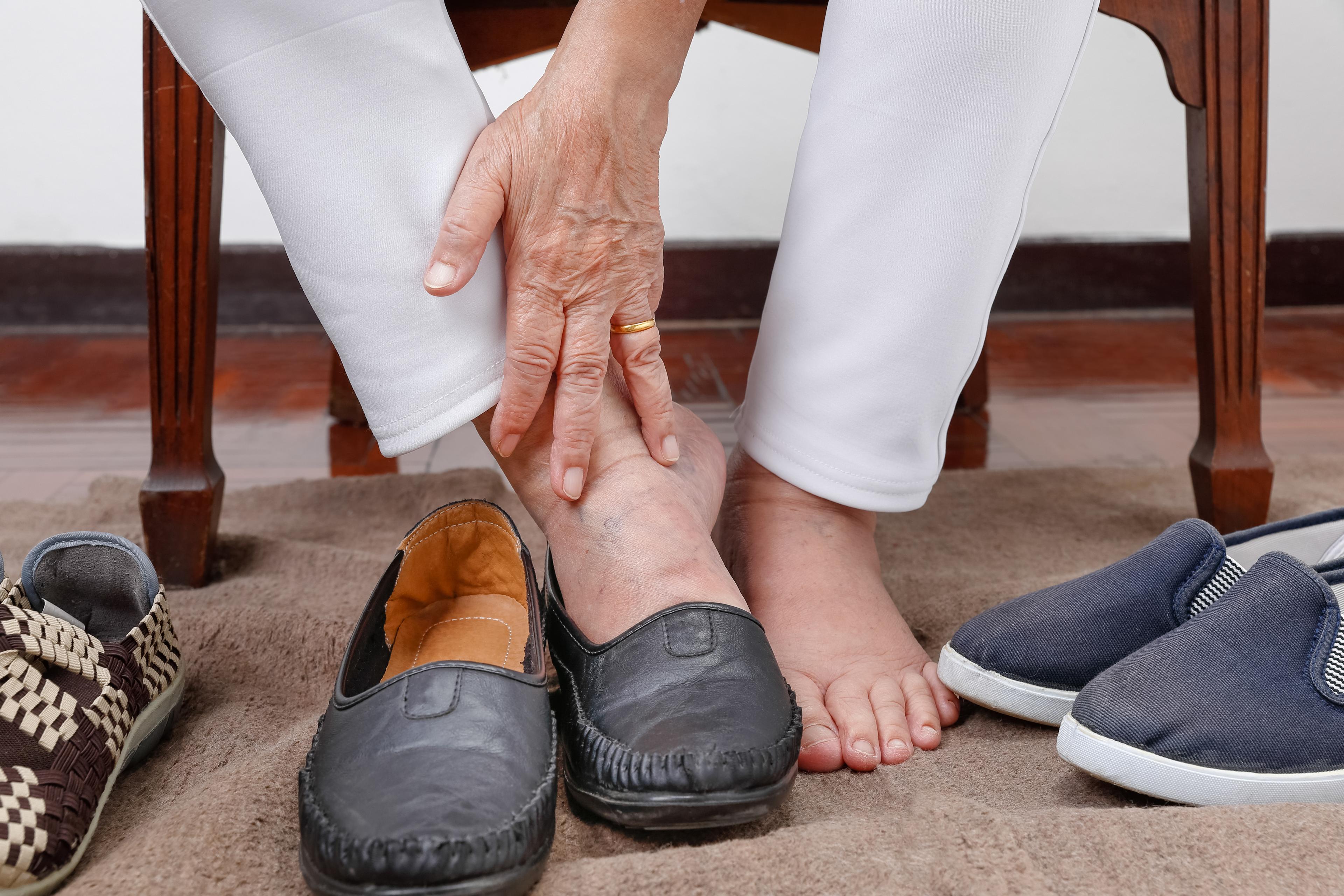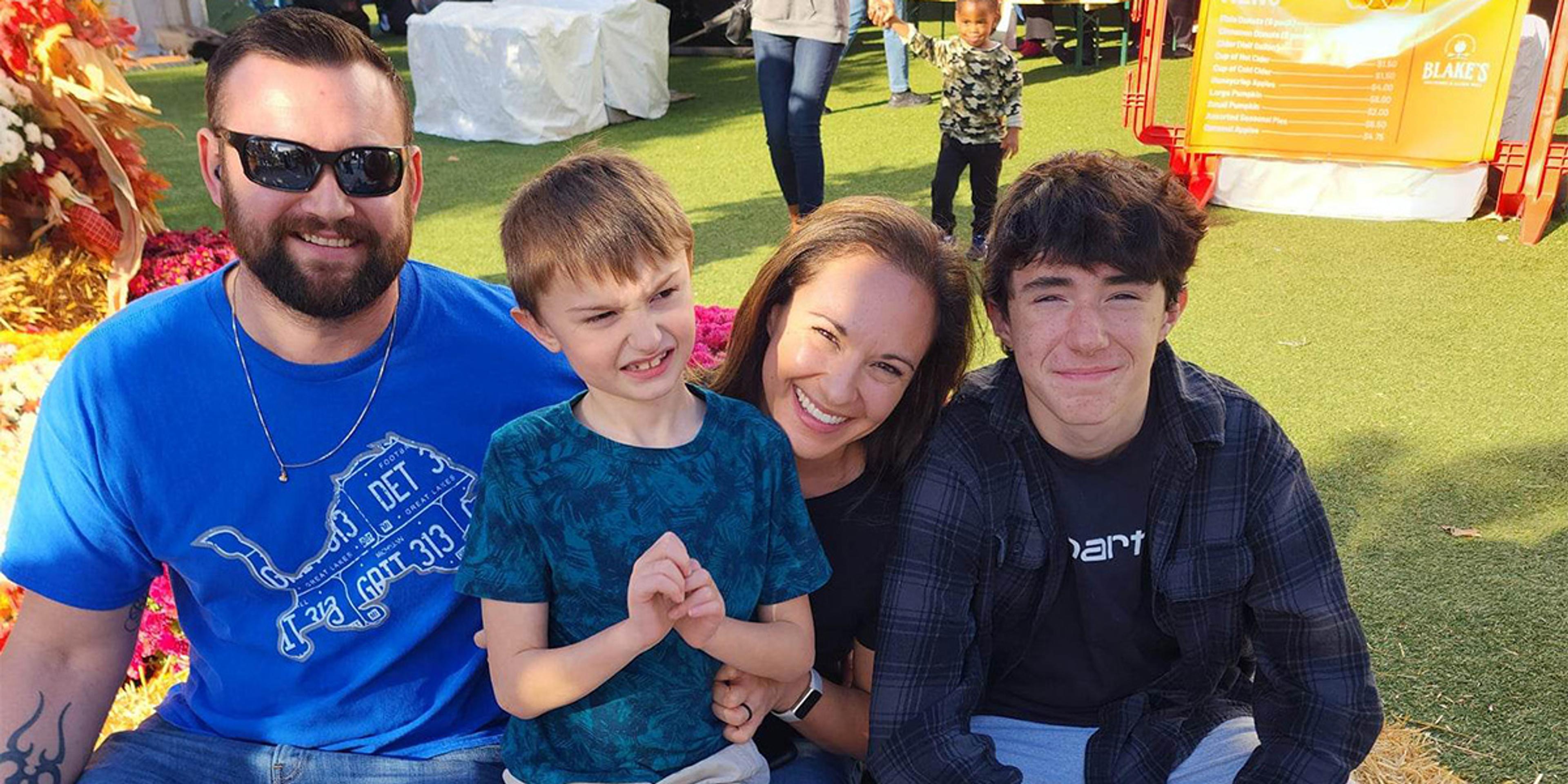
Is there such a thing as positive peer pressure? Absolutely, says Cindy Bjorkquist, Director of Wellness at Blue Cross Blue Shield of Michigan. She shared her thoughts on the importance of social interaction, particularly the positive ways our social circle can influence us and keep us healthier, on the most recent episode of the A Healthier Michigan Podcast, hosted by Chuck Gaidica. [podcast_player] “It's not only identifying the fact that social behaviors are contagious within a social circle … but also this fact about social connectedness,” Bjorkquist said. “If you don’t have any friends, go out and get some friends, find a social circle. Ideally, it would be a social circle that would support you in your health habits that you want to do.” Think about the last time you went to lunch with friends. If everyone else ordered a salad, you were probably more likely to make a healthy selection as well. If everyone went for burgers and fries, you were probably more tempted to do the same, Bjorkquist explained. So, your social circle can directly influence you toward positive and negative health behaviors. While one lunch order probably isn’t a big deal, the people you spend the most time with likely influence you in other ways. Do you spend your time together participating in physical activities or are you always hanging out at the bar? Do your friends provide positivity or do they bring you down with negative attitudes toward life or things you enjoy? If you’re unhappy with an aspect of your life, you might want to look to your peer group to figure out if they’re negatively influencing you and then work to find a more supportive friend group or work to be a positive influence on your current social circle – you have the power to influence others as well. Provided they support your health in all ways – including physical, mental and spiritual – Bjorkquist said having close friends to support you is important to your overall longevity. She pointed to research that showed higher mortality rates for people with poor social connections. “We all need friends to turn to and to support us,” Bjorkquist said. “Find those people that you can call, you can connect to.” Want to hear more of Bjorkquist’s and Gaidica’s conversation? Head on over to the A Healthier Michigan Podcast website or simply press “play” above. Like this post? Check these out:
- How Journaling Can Change Your Life
- Why 'Diets' Don't Work and What Does
- 5 Tips to Finally Reach Your Health Goals
Photo credit: Rawpixel





